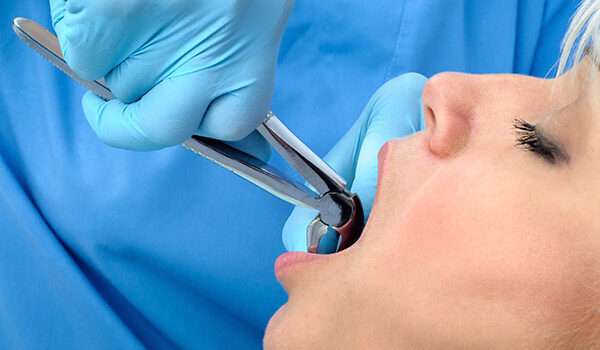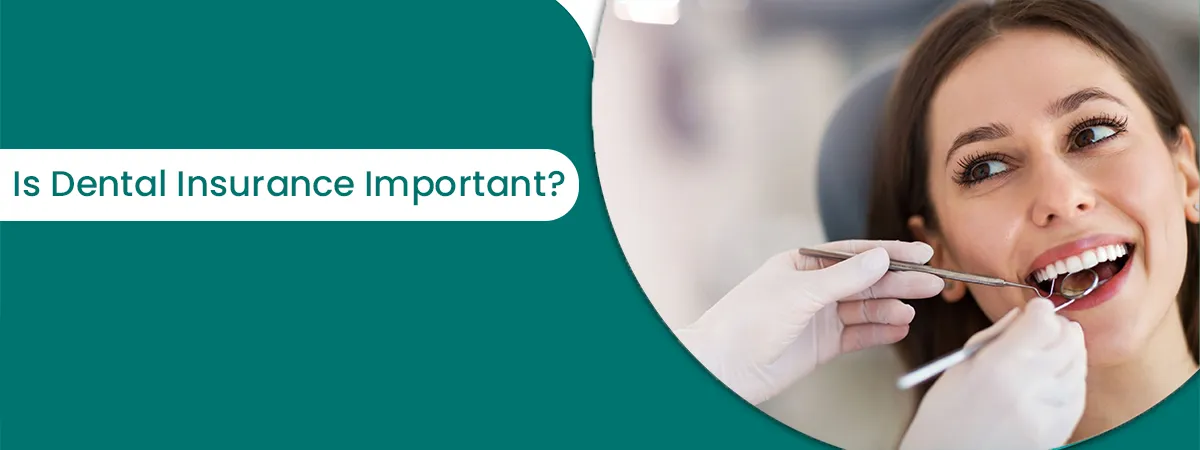Do you sometimes have a horrible toothache that wakes you up at night? Do you feel embarrassed about your stained teeth? Please seek dental advice from Dr. Suhrab Singh, a highly skilled dentist in Noida, at (+91) 9818872732, 01204880044,9755712732.
Several toothpaste and mouthwash commercials on television emphasize the importance of healthy teeth and gums, each with unique ingredients that whiten teeth and make your breath smell like fresh cloves and mint.
Oral diseases are some of the most common conditions in the world, and they have significant health and economic consequences, lowering people’s quality of life. However, multiple studies have revealed that many people do not regularly visit a dental facility and have no knowledge of having oral health problems!
If you have any dental issues that take away the normalcy and ease of your daily routine, visit Dr. Suhrab Singh, one of the best dental surgeons in Noida.
He is the HOD in Neo Dental Care at Neo Hospital, one of the most preferred dental clinics in Noida. Our state-of-the-art dental clinic is equipped with sophisticated technologies and dental gadgets, ensuring the highest level of quality and safety.
This blog discusses common dental ailments, their symptoms, and treatments.
What is oral hygiene?
Oral health or hygiene refers to the state of one’s teeth, gums, and mouth as a whole. The term “dental disorders” is commonly used to describe conditions that influence oral health.
Cavities, erosion of teeth, gum diseases, and gum infections are all examples of dental issues. They can cause discomfort and pain, interfere with a person’s pleasure of eating, and lower one’s self-esteem.
What are the most common dental problems in India?
Following is a list of some common dental problems, their causes, and the treatment options available:
 Tooth caries or cavities
Tooth caries or cavities
When a sticky coating of bacteria called plaque accumulates on the tooth’s surface, it causes cavities, also known as tooth decay or dental caries. Plaque is formed when sugars in food break down into acids. This erodes and dissolves enamel, the hard outer layer of teeth.
The symptoms are experienced when the erosion spreads to the dentin below the enamel.
Symptoms include:
- Tooth pain
- Sensitive teeth
- Pain while chewing or biting
- Discoloration of teeth (color turns yellow, brown, or black)
- Formation of holes in the tooth
Dentists commonly use fillings to cure cavities and prevent additional damage.
 Gum disease
Gum disease
Gingivitis is a mild form of gum disease that happens when plaque builds up between and around teeth, infecting the gums and causing discomfort and swelling. If left untreated, it can develop into periodontitis, leading to receding and bleeding gums, painful chewing, and loss of teeth.
Gum disease can be caused by poor diet, obesity, tobacco use, poor dental hygiene, the use of certain drugs, stress, and age.
Symptoms include:
- Swollen red gums
- Pain in the gums
- Sensitive teeth
- Foul breath
- Loose or shaky teeth
To treat gum disease, dentists commonly use a deep-cleaning technique that includes root scaling and planing to remove plaque buildup. If the infection has advanced to periodontitis, you may require surgery.
Tooth erosion
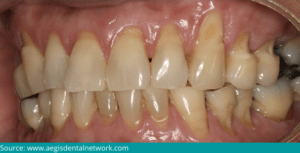
Symptoms include:
- Increased sensitivity to flavor, temperature, and texture
- Chips and cracks on teeth
- Staining or yellowing of teeth
- Dents on the surface of the teeth
Dental bonding, which involves adding resin to worn or discolored teeth, can cure tooth erosion. Dr. Suhrab Singh, one of the best dentists in India suggests crowns or veneers to protect the teeth from additional harm. Tooth deterioration, unfortunately, has irreparable consequences.
Chipped or cracked tooth

Symptoms include:
- Sensitivity to hot or cold foods or beverages
- Pain that rises and recedes
- Pain while chewing food
Dentists will examine your mouth for cracks and feel them. They might also use a dental solution or dye to help them view the damage more clearly.
Cracked or chipped teeth can be treated in several ways. Depending on the severity of the damage, a dentist may employ bonding, place a crown on the tooth, do a root canal, or extract the tooth.
Discolored or stained teeth
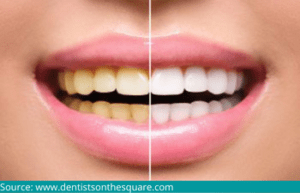
With the appropriate method, you can remove the stains. Certain foods, drugs, and tobacco use are the usual causes of tooth stains.
There are 3 options to whiten your teeth
- Your dentist can use a whitening component and a specialized light
- You can bleach the stained teeth at home with a bleaching gel provided by your dentist or retailer
- Whitening toothpaste and mouthwashes are the easiest options; however, they only remove stains on the surface
Impacted Teeth
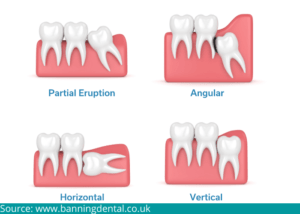
Symptoms include:
- Red swollen gums
- Sore and bleeding gums
- Jaw and gum pain
- Foul breath
- Difficulty opening the mouth fully
Eruption aids include brackets, braces, or the extraction of baby or adult teeth blocking the tooth. These techniques are most effective in children. If eruption is not possible, your dental surgeon will have to extract and replace it with a bridge or dental implant.
Hyperdontia
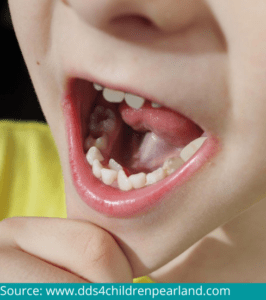
The dental surgeon will extract the excess teeth and correct the bite using orthodontics.
Crooked or Misaligned Teeth
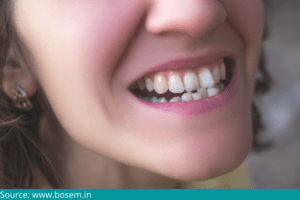
There is nothing “wrong” with a crooked smile from an aesthetic sense. However, it might create serious oral health problems because they are more challenging to clean.
The treatment can include braces (consisting of brackets, bands, and wire), clear aligners (made of plastic trays), and retainers (custom-made for the individual).
Diastema - a gap between the teeth
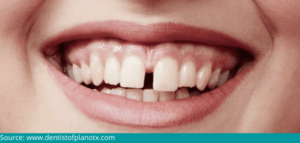
Braces, made of wires and brackets, are frequently used in diastema therapy. They apply pressure to the teeth and eventually pull them close, thus closing the gap.
If you do not wish to have braces, you can opt for cosmetic procedures to close the gaps in your teeth.
Conclusion
Oral health issues
Visit your Dr. Suhrab Singh, one of the leading dentists in Noida, for preventive care and the most up-to-date dental procedures.
He treats each patient with respect and empathy, and he offers a wide range of services, including preventive oral treatment, teeth realignment, dental implant, and tooth replacement.


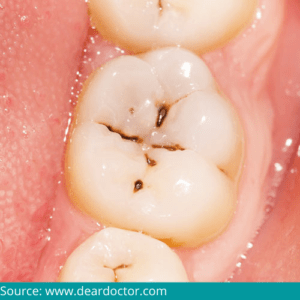 Tooth caries or cavities
Tooth caries or cavities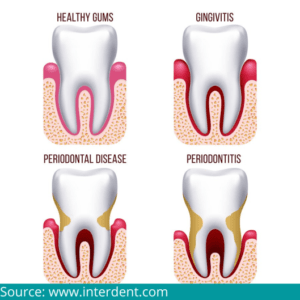 Gum disease
Gum disease